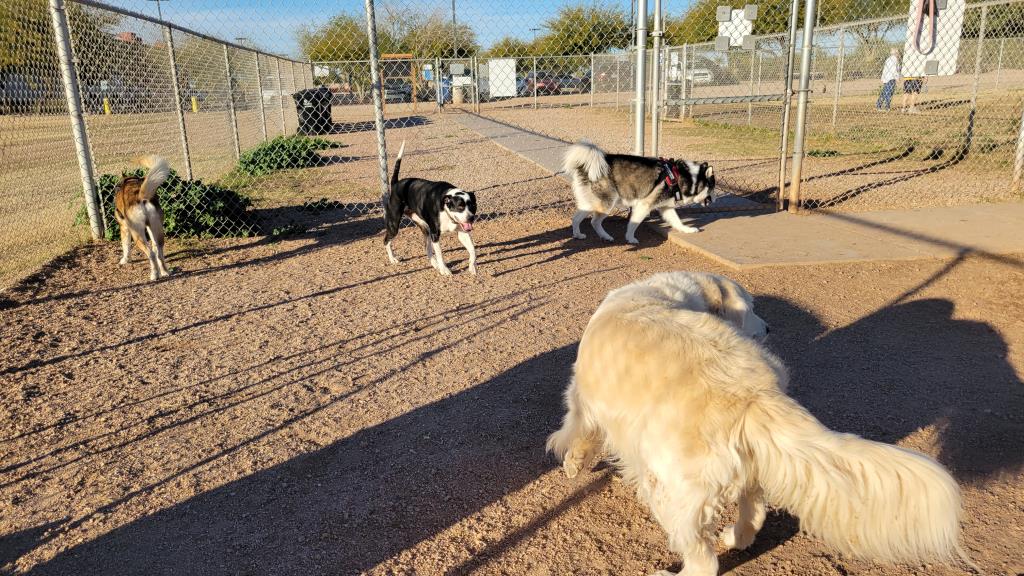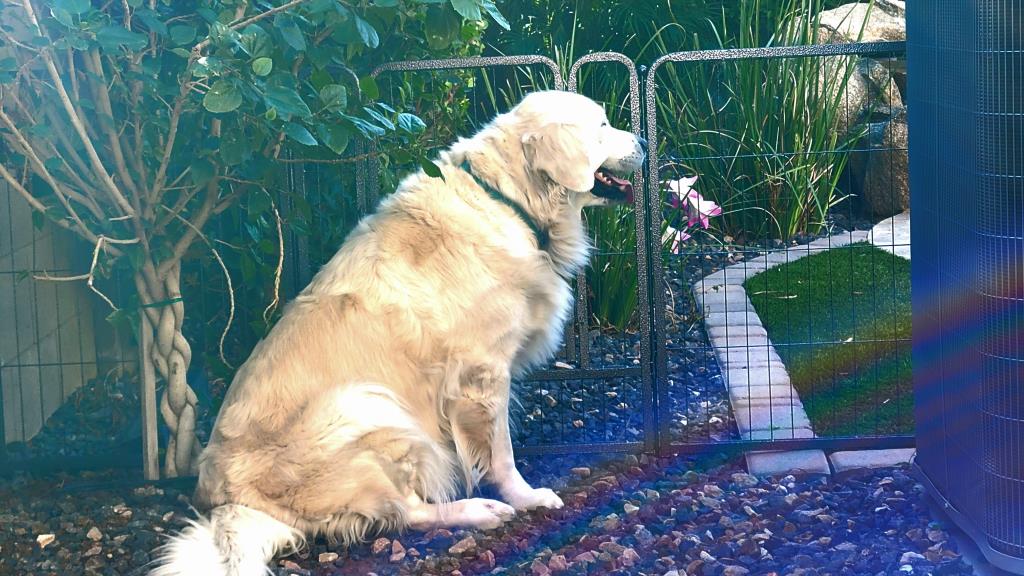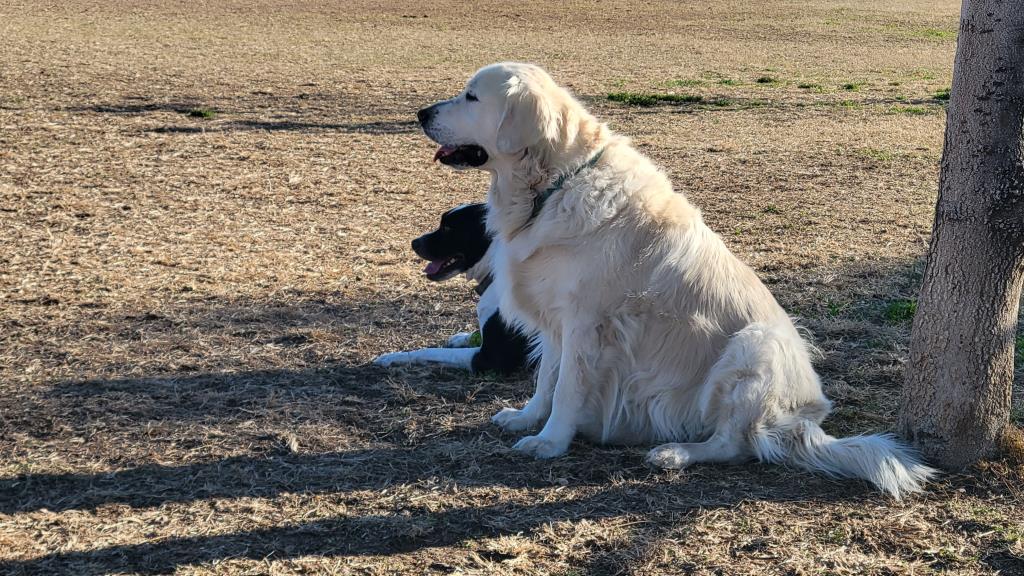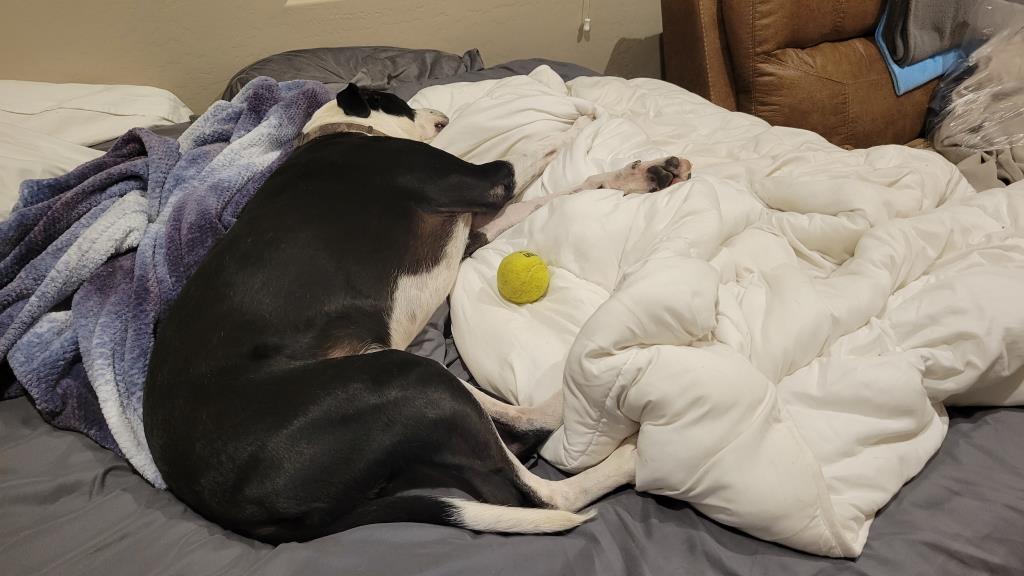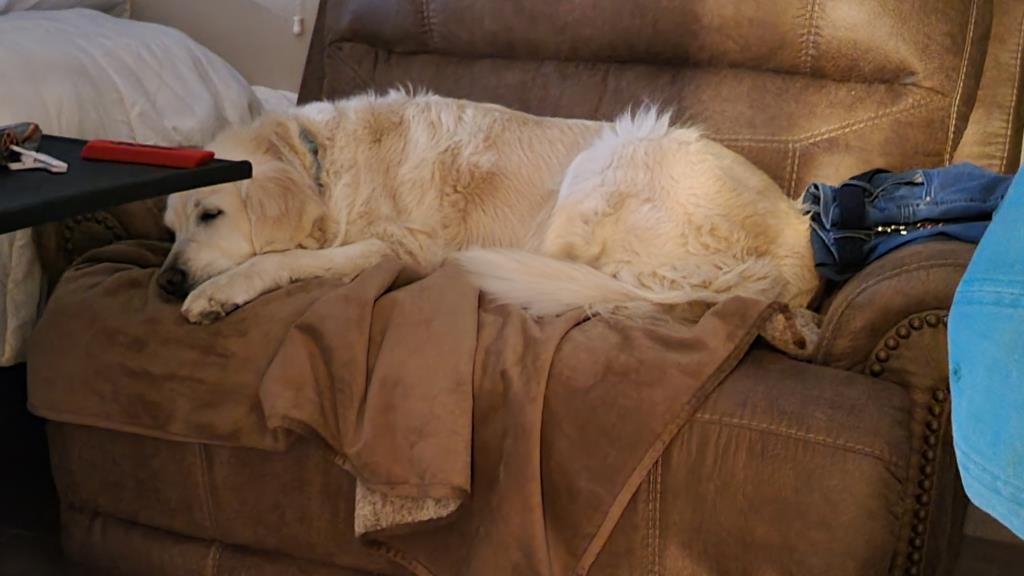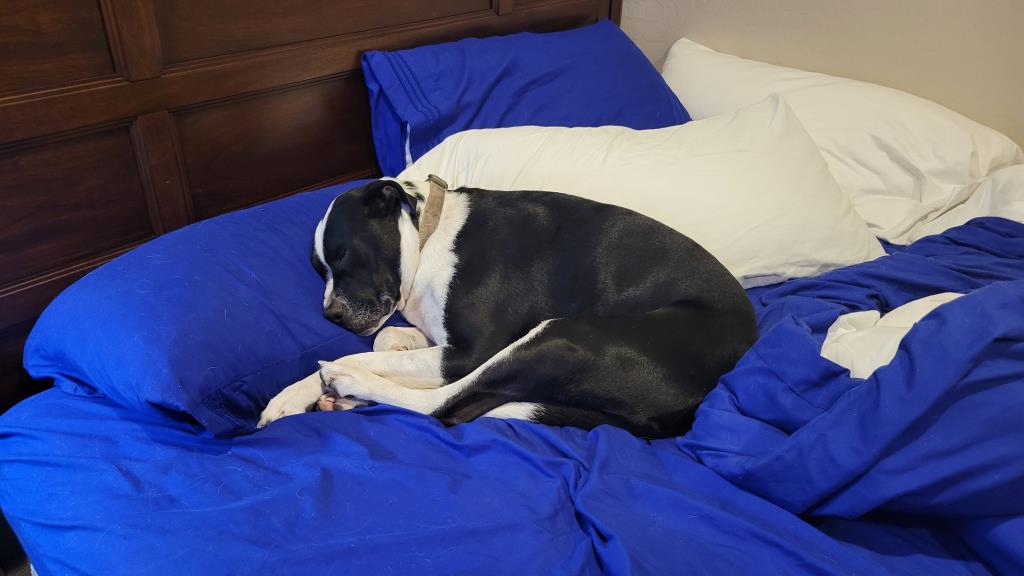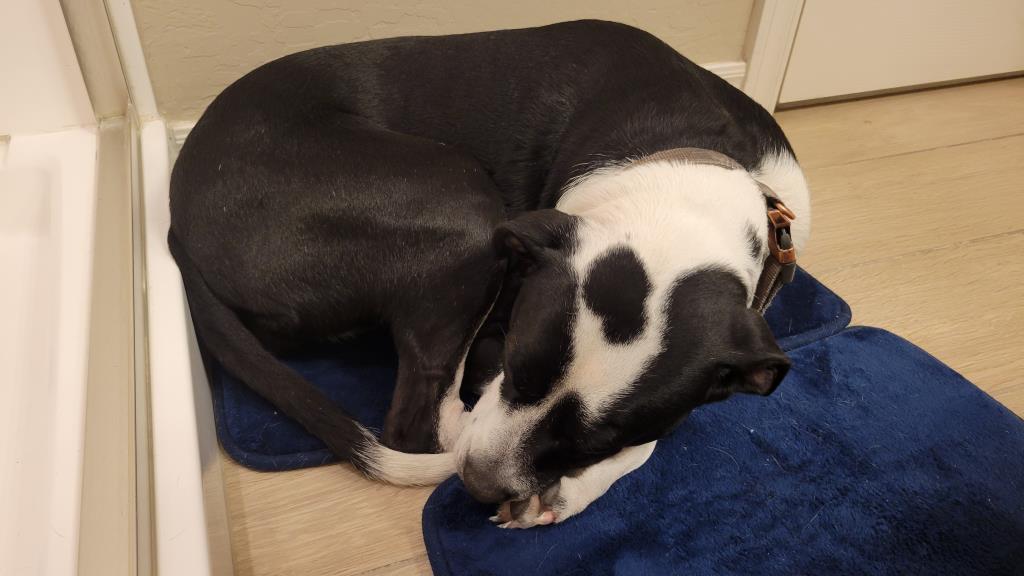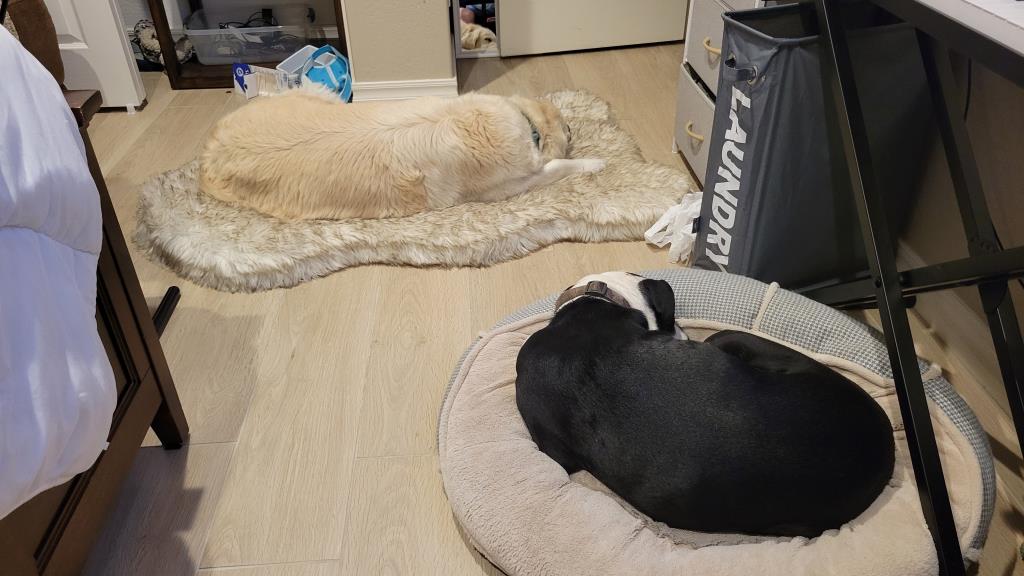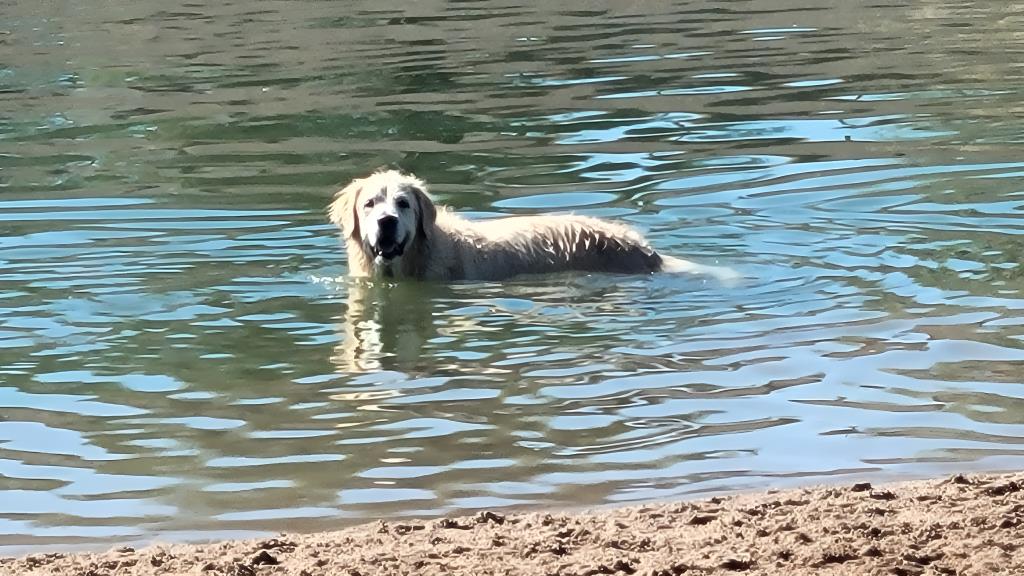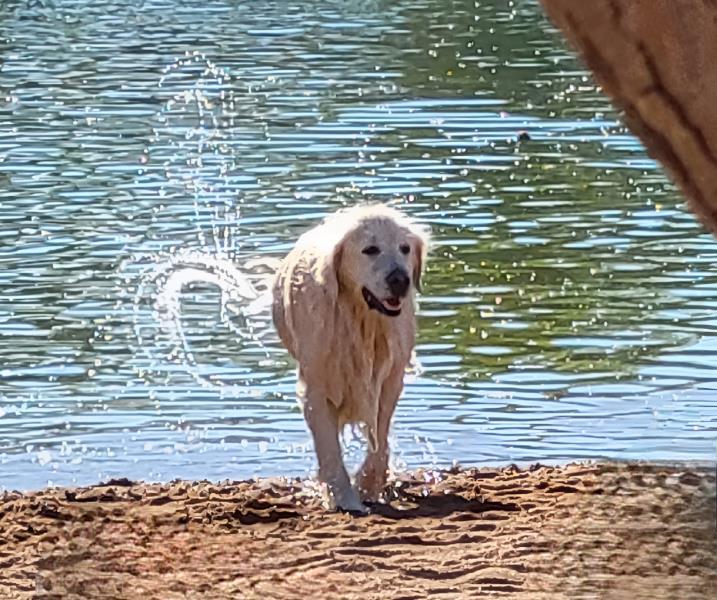| By: Paul S. Cilwa | Viewed: 4/30/2024 Posted: 3/27/2023 |
Page Views: 446 | |
| Topics: #Dogs #Ella #Lilly | |||
| How dogs see with their noses. | |||
Comparing dog brains and human brains, the percentages devoted to smell and vision are reversed in each species. In humans, we rely on our vision for nearly all our information about the external world, with smell the least important. A human can lose their sense of smell and often not even notice it.

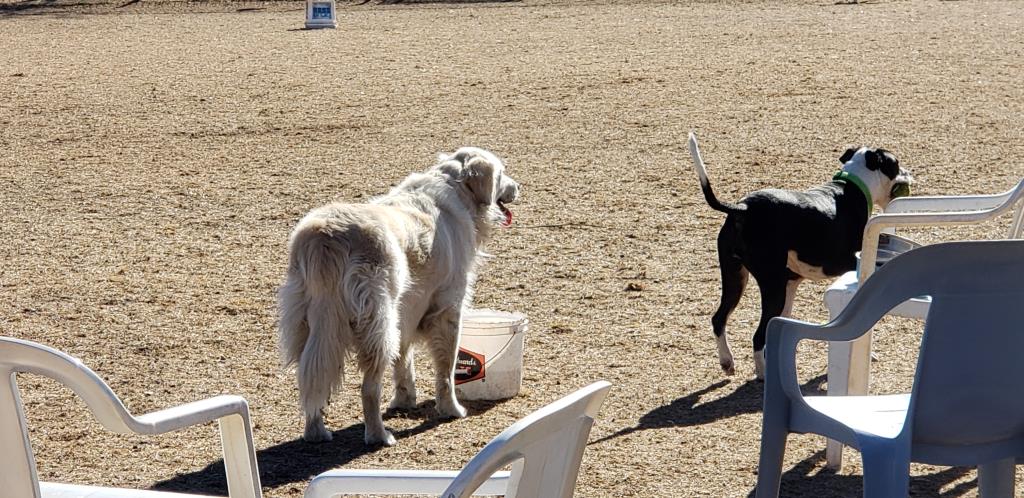
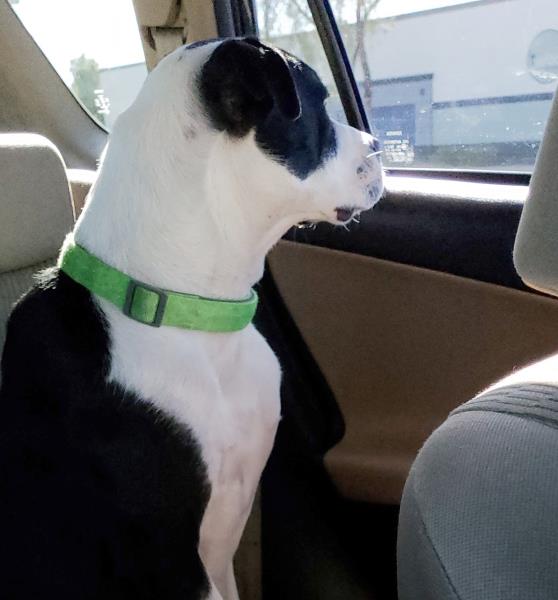
In dogs, that's reversed. Dogs' long snouts are lined with many times more scent receptors than ours, and the big smell computer in their brains extracts every bit of data. That's why blind dogs get around so well. And that's why, if your dog is upwind of you, they don't recognize you by appearance alone.
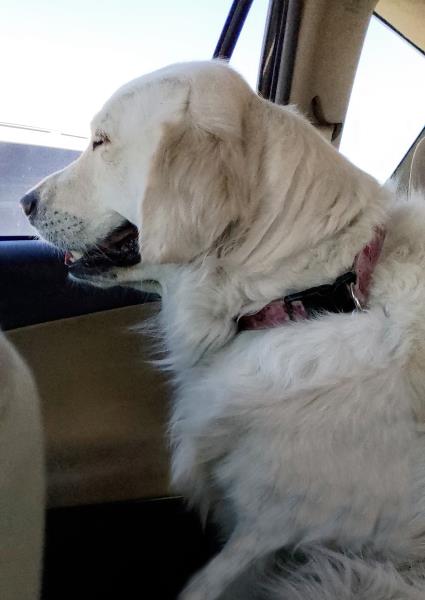
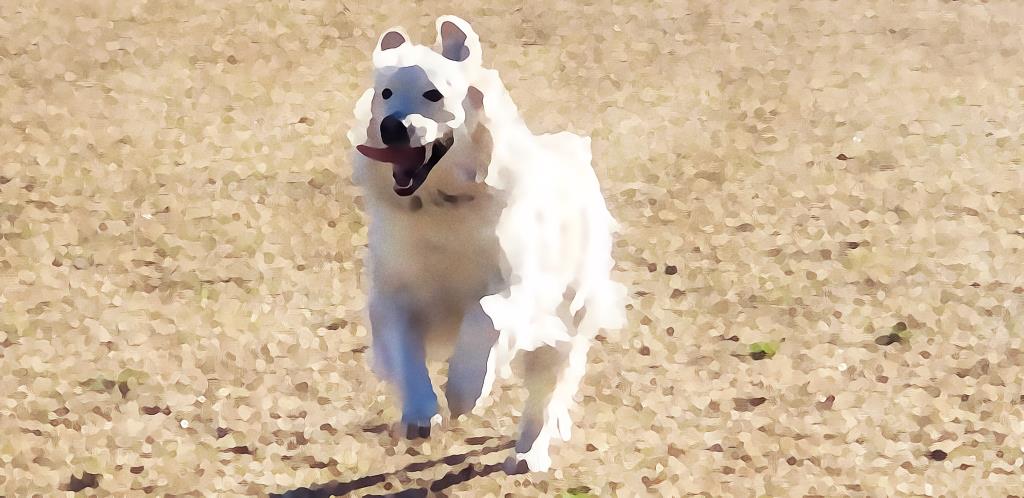
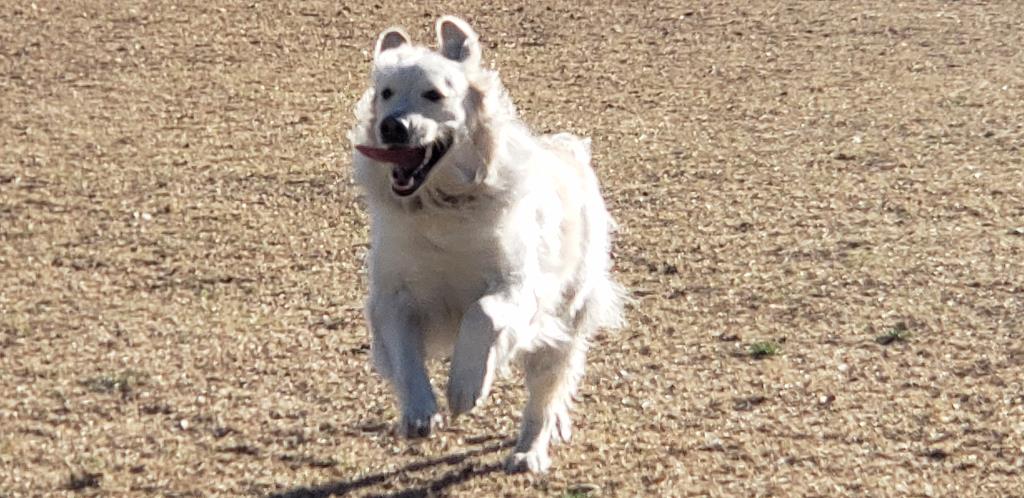
We mammals possess scent emitters on our hands and especially our feet. Dogs connect with those they love via scent, not sight. So, if your little one couldn't cuddle up to Thomas himself, a shoe or sock that Thomas has recently worn is almost as good.
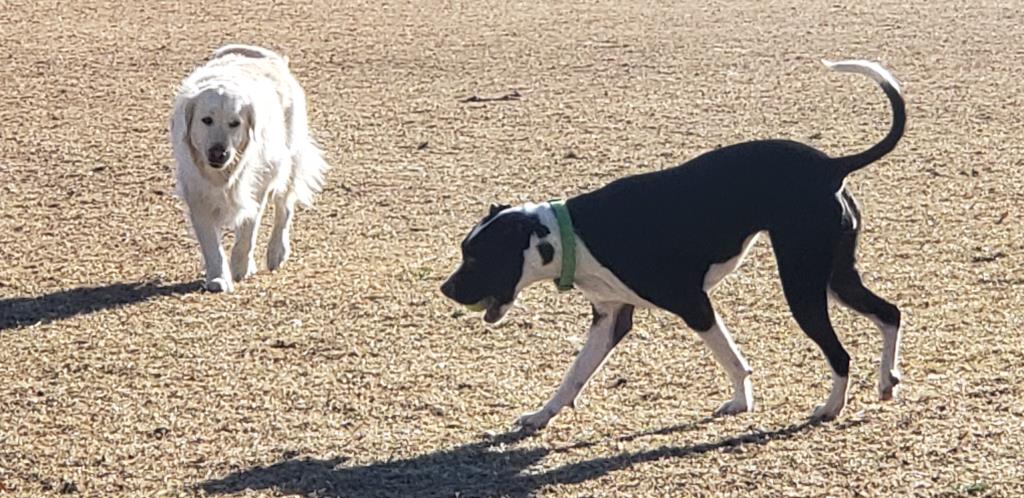
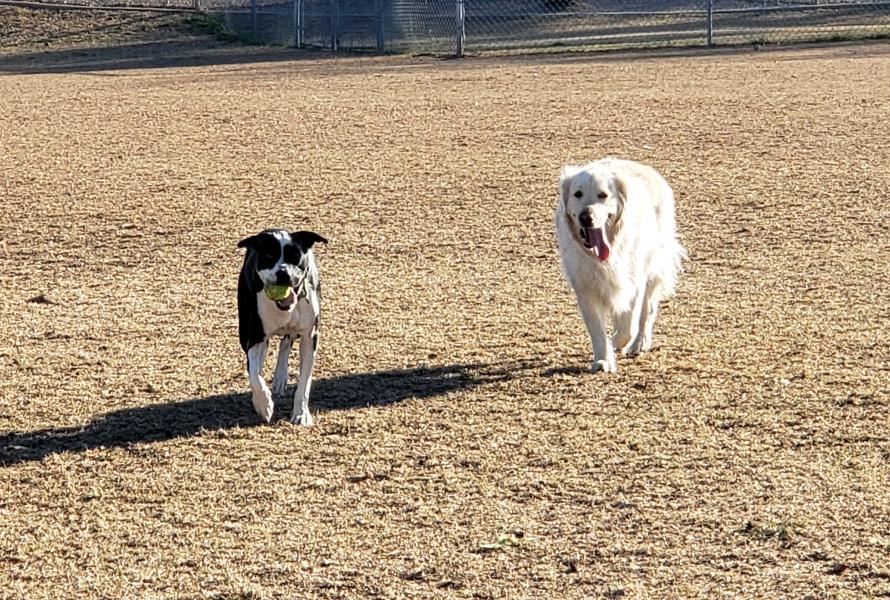
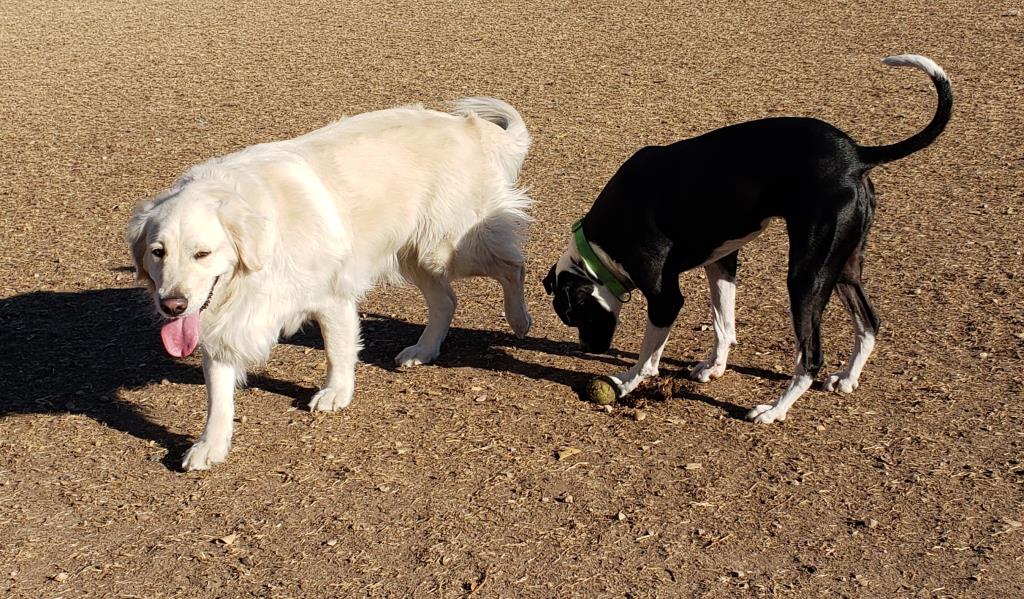
When we shipped the dogs back from Maui, Keith and I included our used bedsheets in their kennels, which kept them calm during the flight.
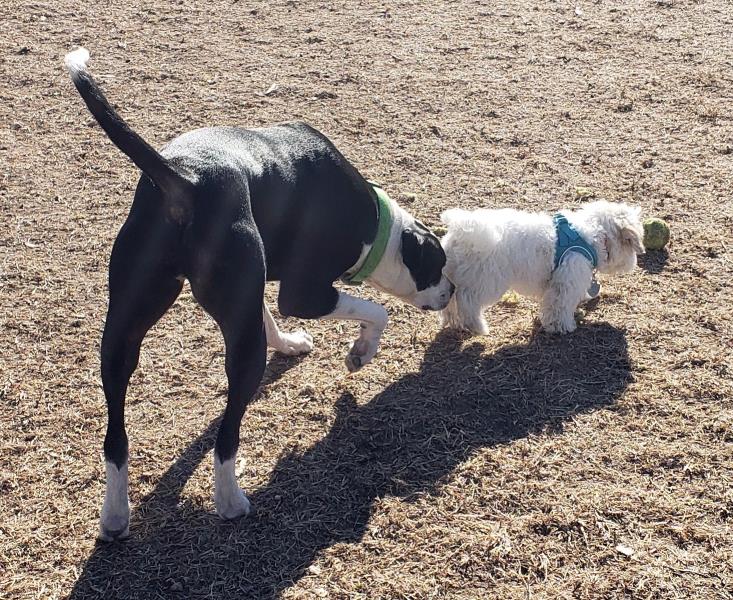
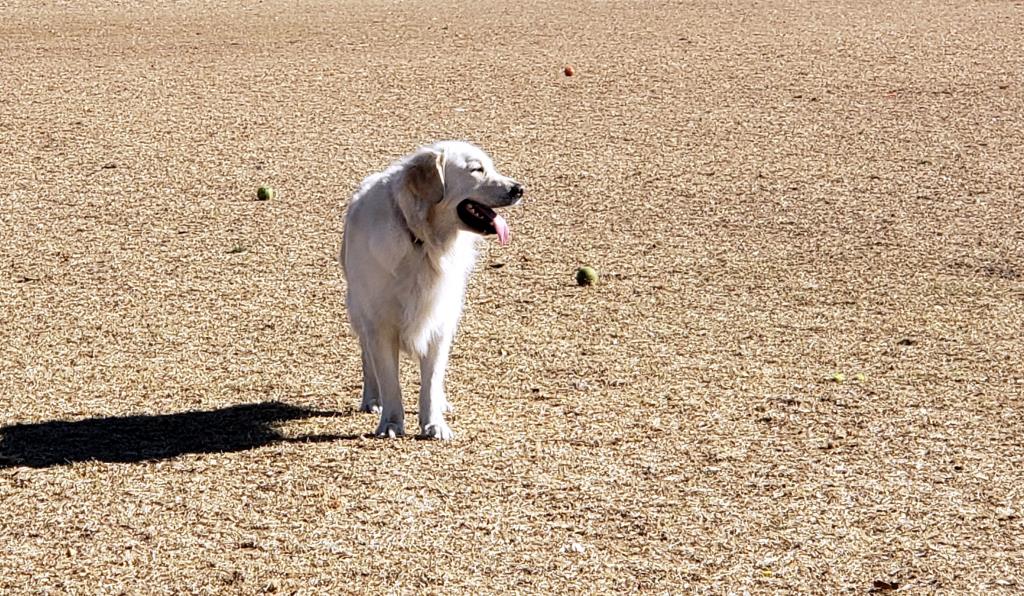
Dogs have an incredibly powerful sense of smell. They can smell things that are miles away and they can distinguish between different smells with incredible accuracy. This is because their noses are packed with millions of scent receptors. Dogs use their sense of smell to do all sorts of things, like finding food, tracking animals, and detecting drugs or explosives.
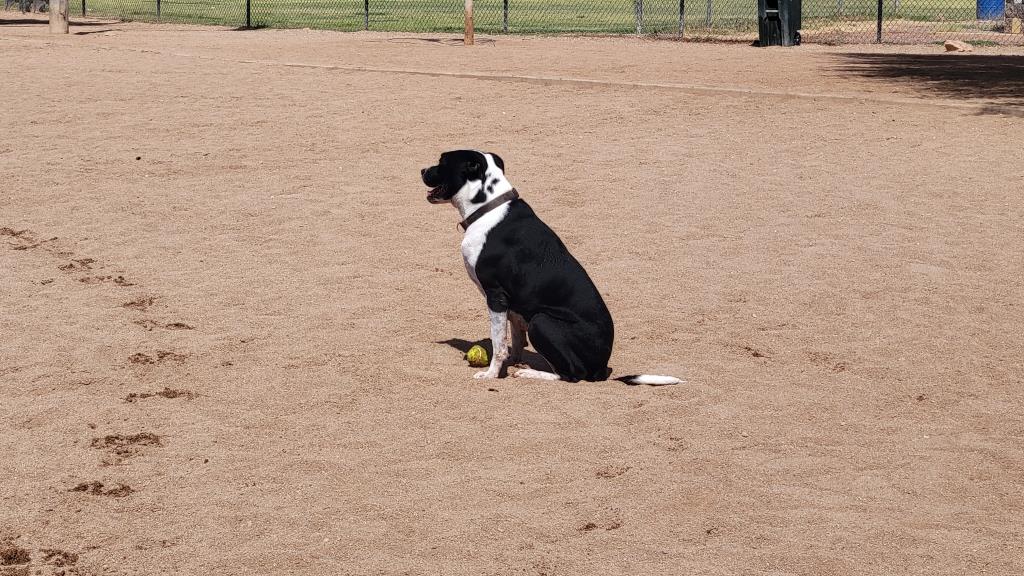
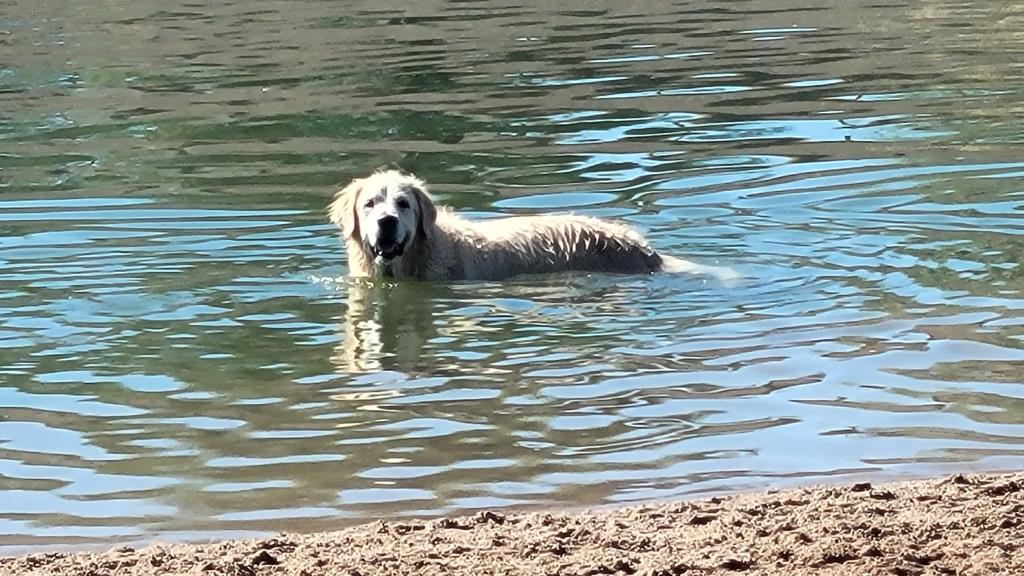
Dogs' sense of smell is so important that it actually outweighs their sense of sight. In fact, a dog's sense of smell is so powerful that they can often find their way around in complete darkness. They can also follow a scent trail even if it's been days since the animal or person passed by.
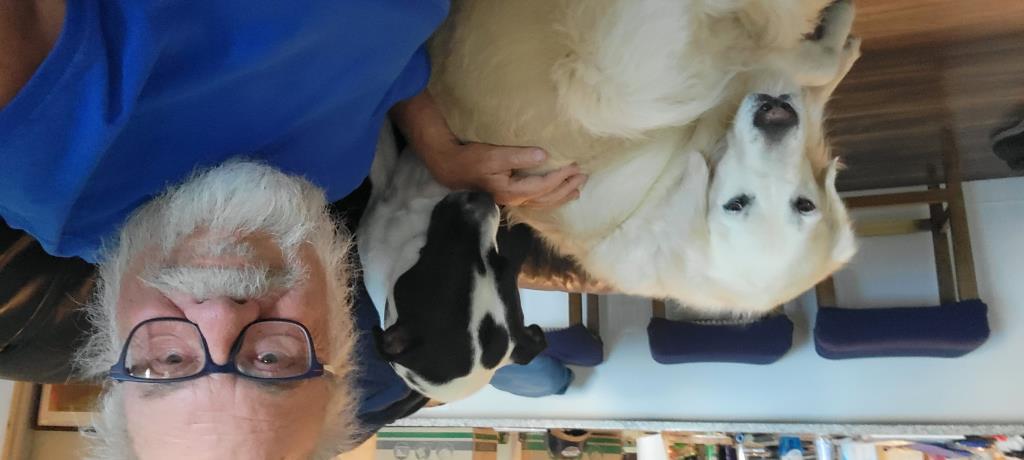
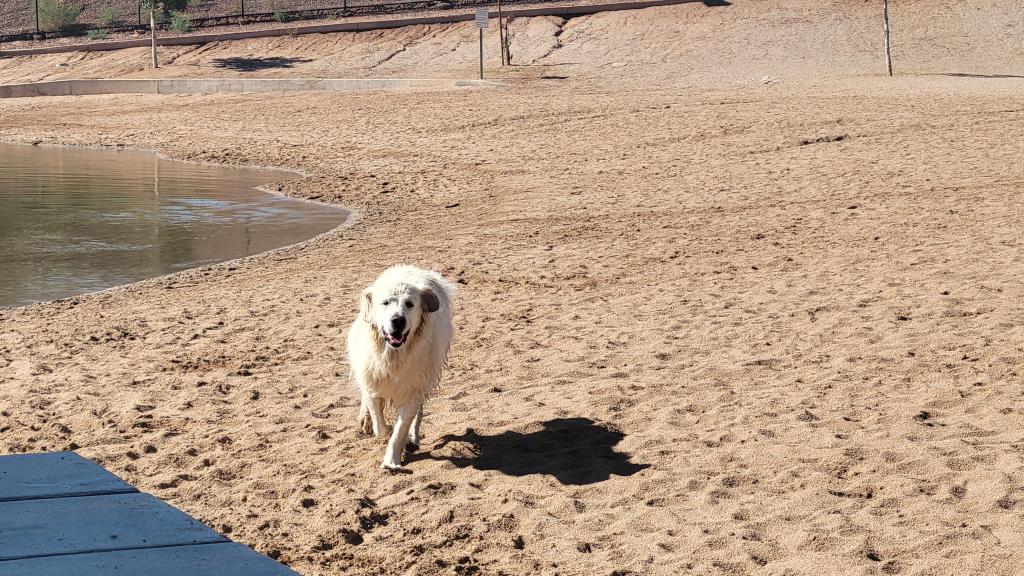
This is why dogs are often used as police or military dogs. They can be trained to track down criminals or bombs by following the scent trail. They can also be used to find lost people or animals.
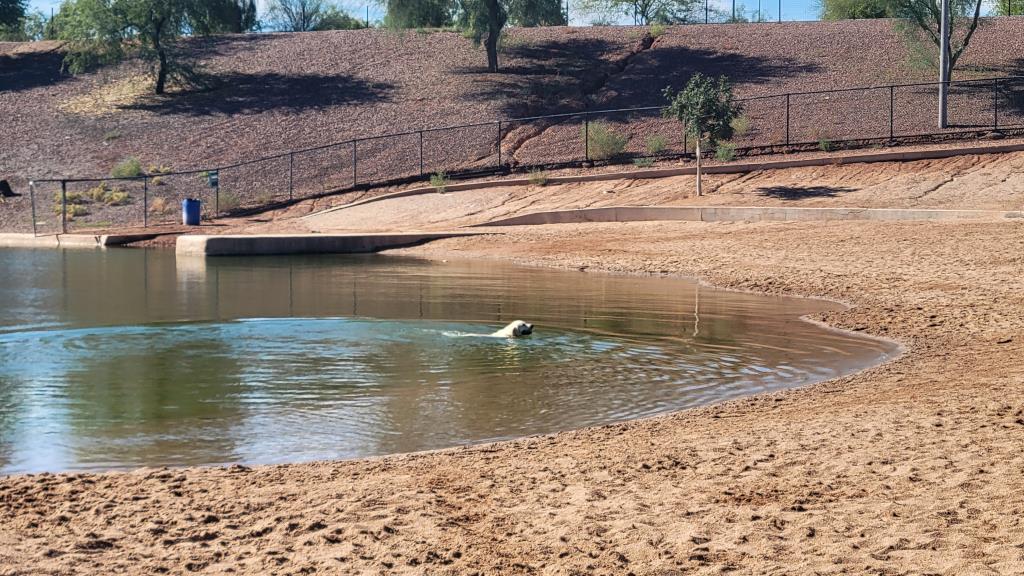
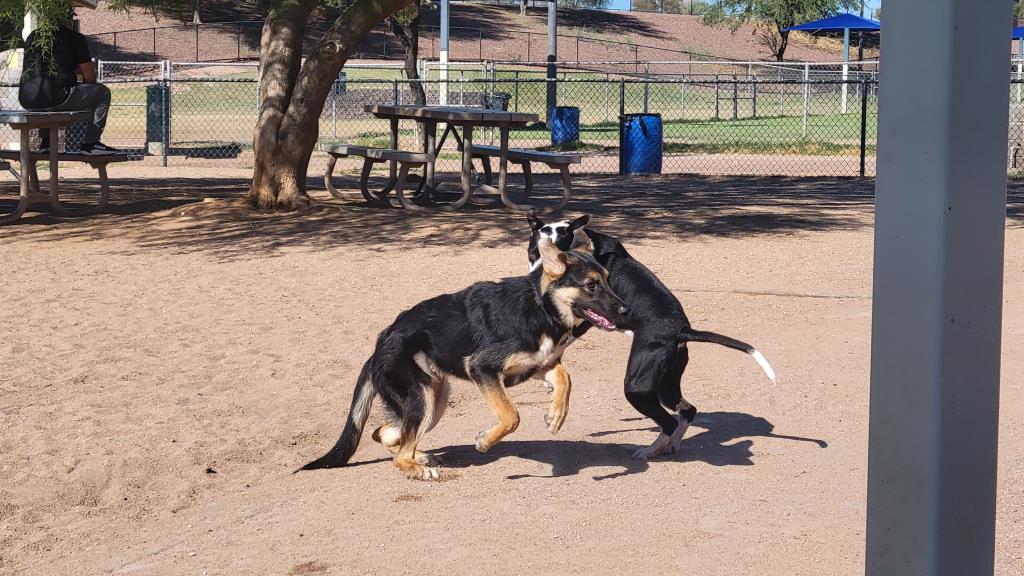
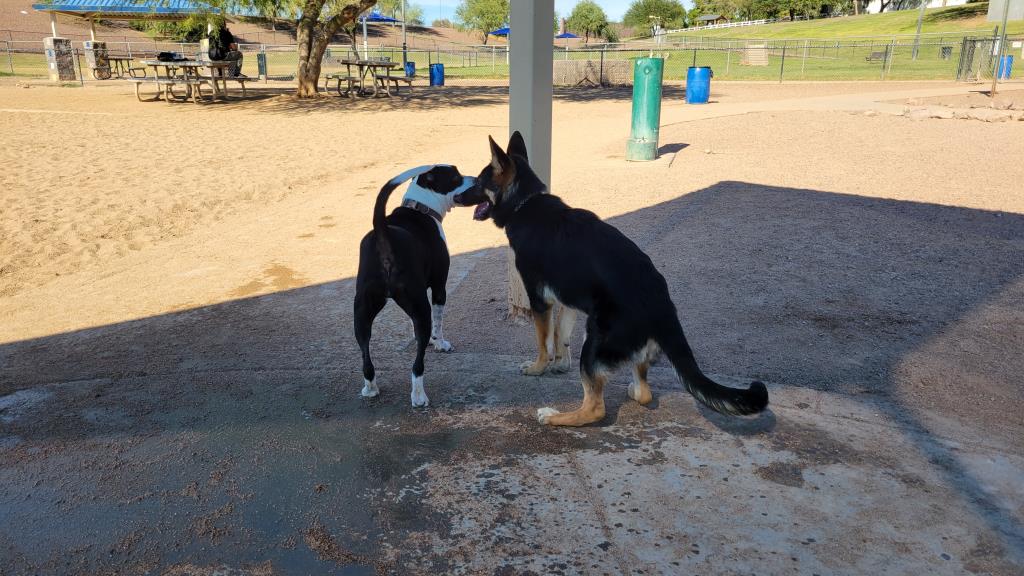
Furthermore, dogs have an amazing ability to detect changes in their owner's body chemistry. Dogs can pick up on subtle changes in the odor of their owner's sweat or breath, which can indicate changes in blood sugar levels or the presence of certain diseases like cancer.
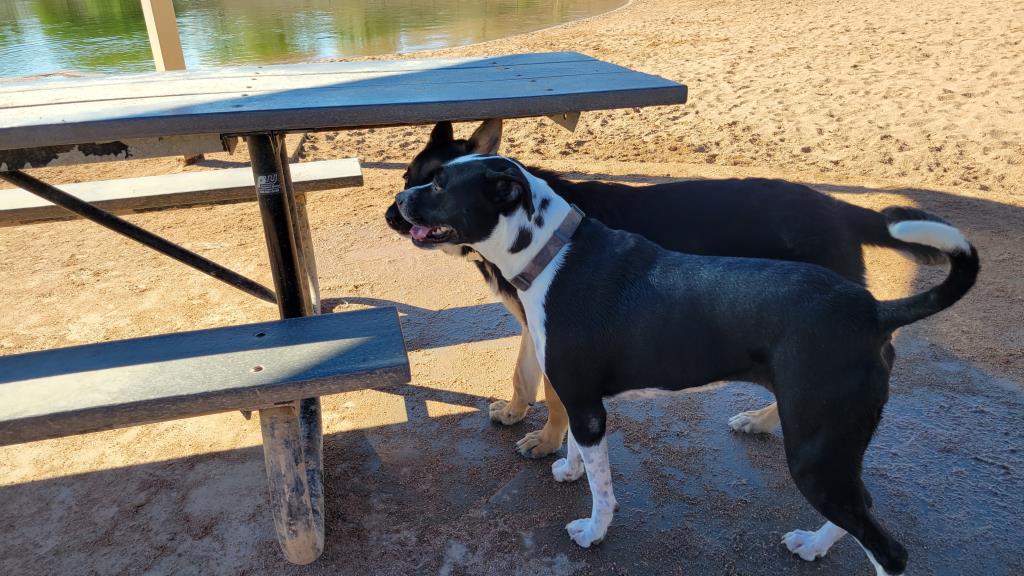
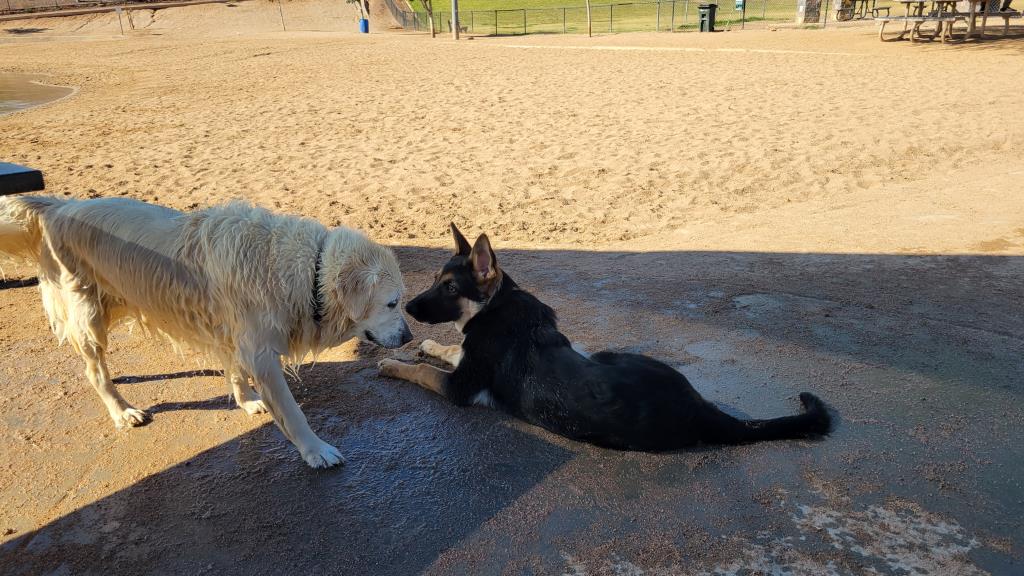

In fact, there have been many reported cases of dogs detecting cancer in their owners before any medical tests could confirm it. This ability has led to the development of new diagnostic tools that use trained dogs to detect cancer in breath or urine samples.
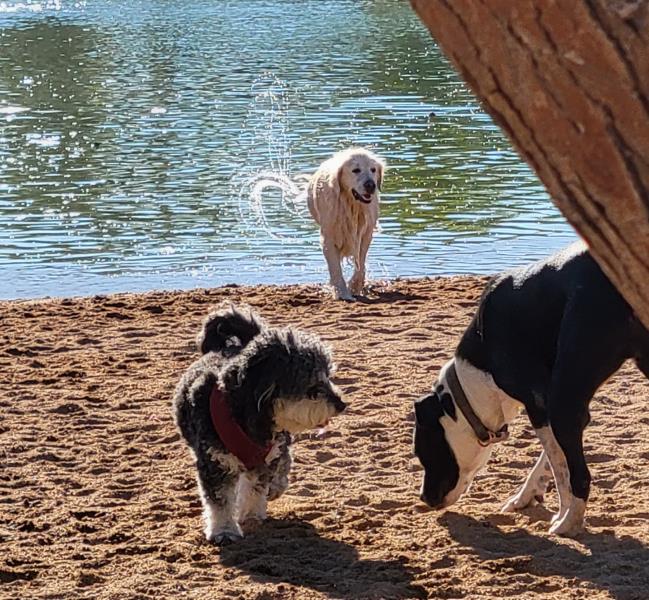
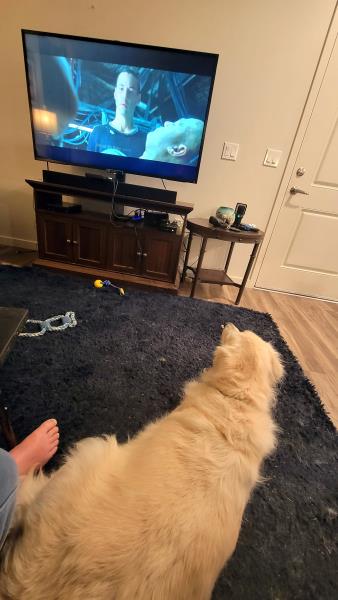

Apart from their practical uses, dogs' sense of smell is also an important part of their social behavior. When dogs greet each other, they usually sniff each other's rear ends as a way of identifying each other. They can also recognize individual humans by their scent, which is why they get excited when their owner comes home after a long day.
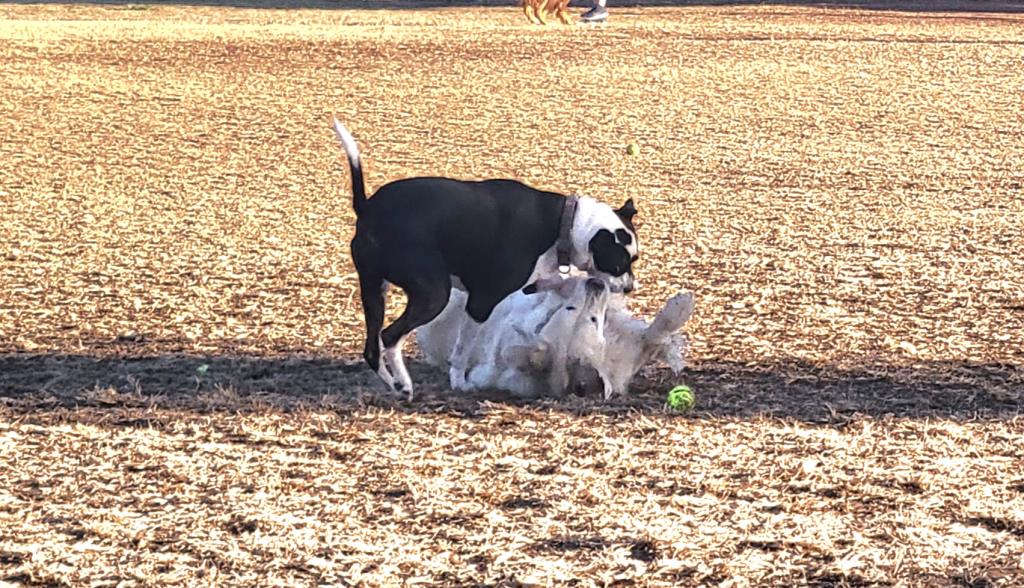
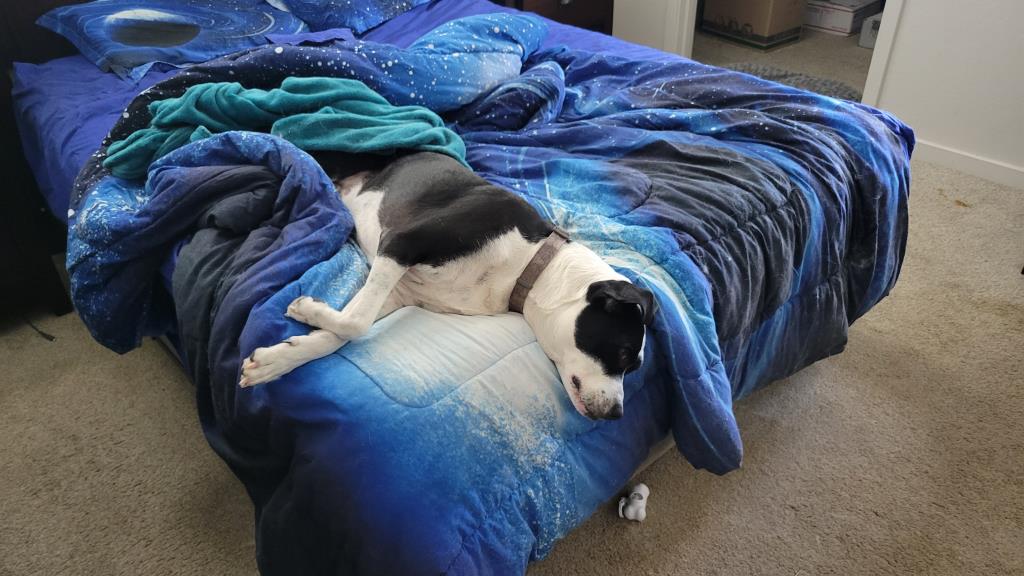
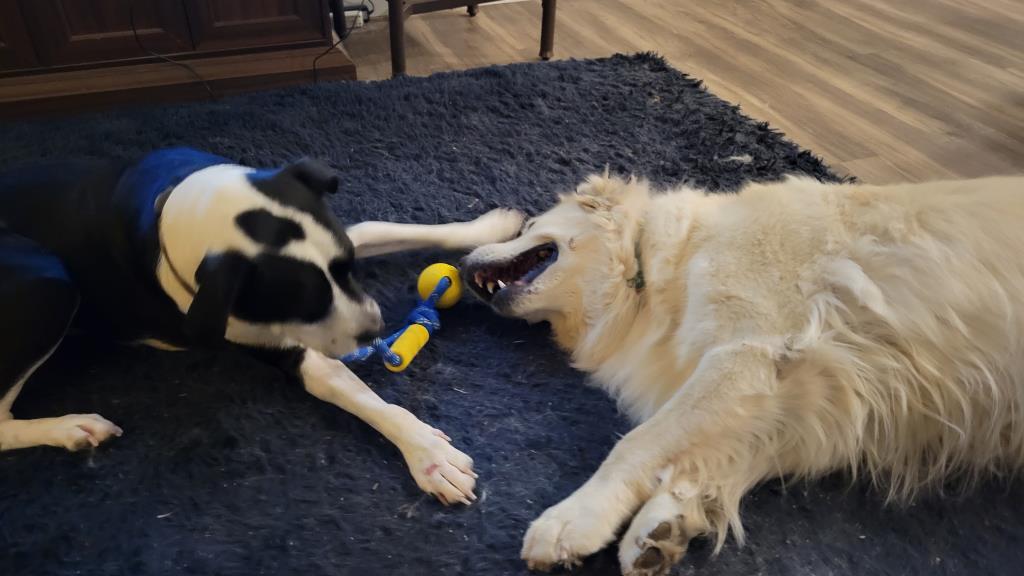
Overall, dogs' sense of smell is an incredible feat of evolution that allows them to navigate their world in a way that is completely different from humans. Their ability to detect and distinguish scents is not only fascinating, but also incredibly useful in many different settings. As humans, we may never fully understand the complexity of the dog's olfactory system, but we can appreciate and admire it for the amazing superpower that it is.

